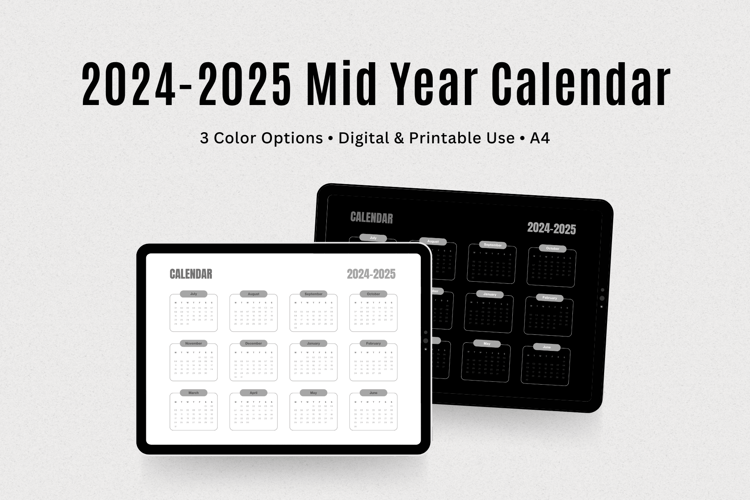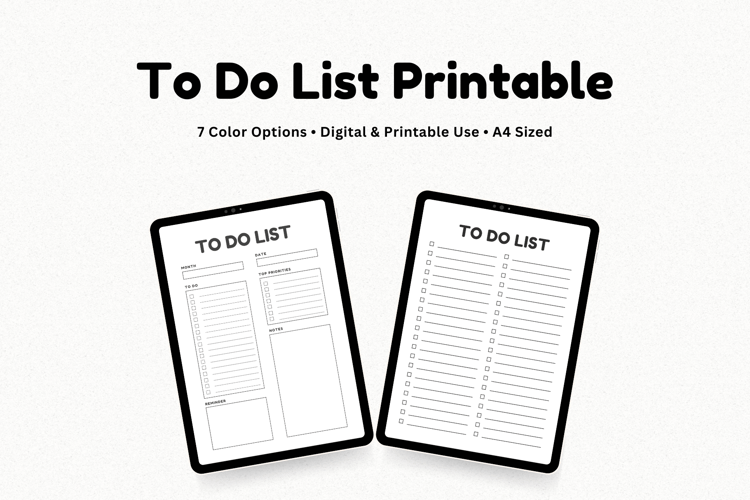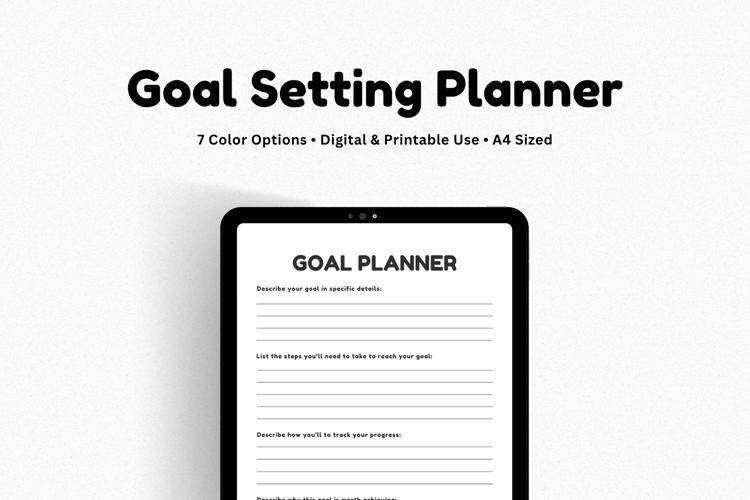In today’s fast-paced world, finding effective ways to better manage our time plays a crucial role in our productivity and overall well-being. Planners, whether digital or physical, have long been a trusted tool in this pursuit. However, planners are more than just tools for time management; using a planner has a powerful psychological impact on our motivation, focus, and goal attainment. In this blog post, we’ll explore the psychology behind using a planner and how it influences mental processes that ultimately shape our path to success.
Harnessing the Power of Visualization
A planner provides a visual representation of our tasks, goals, and schedules. This visual organization capitalizes on the brain's preference for processing information visually. When we see our goals laid out, it solidifies our commitment and provides a tangible roadmap to follow.
Goal Clarity and Specificity
Planners encourage us to define our goals with precision, in specific actionable terms. This process of setting Specific, Measurable, Achievable, Relevant, and Time-bound (SMART) goals activates the brain's problem-solving mechanisms, providing a clear target to work towards. This clarity strengthens our sense of purpose and direction.
The Dopamine Effect
The act of checking off completed tasks in a planner triggers the brain's reward system, releasing dopamine. This neurochemical response generates a sense of accomplishment and satisfaction. This reinforces the positive behavior of planning and completing tasks, boosting motivation and productivity.
Micro-rewards and Goal Attainment
Breaking down larger goals into smaller, manageable tasks in your planner provides a continuous stream of small victories. Each completed task serves as a micro-reward, sustaining motivation and momentum towards the larger goal
Reducing Cognitive Load
The human brain has a limited capacity for processing information at any given time. Planners streamline the planning process, reducing the cognitive load associated with managing multiple tasks. When you jot down tasks and deadlines in a planner, you offload this information from your mind, reducing cognitive load. This frees up mental space for more critical tasks, enhancing focus and reducing stress.
Strengthening Accountability
The visibility of our goals and progress within a planner instills a sense of accountability. Knowing that we have a record of our commitments motivates us to follow through, reinforcing our sense of responsibility and dedication.
Minimizing Decision Fatigue
Planners provide structure and automation, reducing the need for constant decision-making. This helps us conserve mental energy for more complex tasks, enhancing our ability to make high-quality decisions throughout the day.
Facilitating Continuous Tracking and Feedback
Planners enable us to track our progress over time, creating a continuous feedback loop. This allows us to reflect on our achievements, identify areas for improvement, and adjust our strategies for greater effectiveness.
* * *
Using a planner is more than just a tool for scheduling appointments. It taps into psychological mechanisms that drive motivation, focus, and goal attainment. By aligning with the brain's natural processes, planners serve as invaluable companions on our journey to achieving our goals. Using a planner empowers us to work smarter and stay motivated, which ultimately helps us to turn our dreams into tangible accomplishments. By capitalizing on the power of planning, you can unlock your full potential and achieve your aspirations with clarity and purpose. So, why wait? Start planning today and witness the transformative impact it can have on your productivity and motivation. Explore the wide range of planners available in our store now!






Comments ()